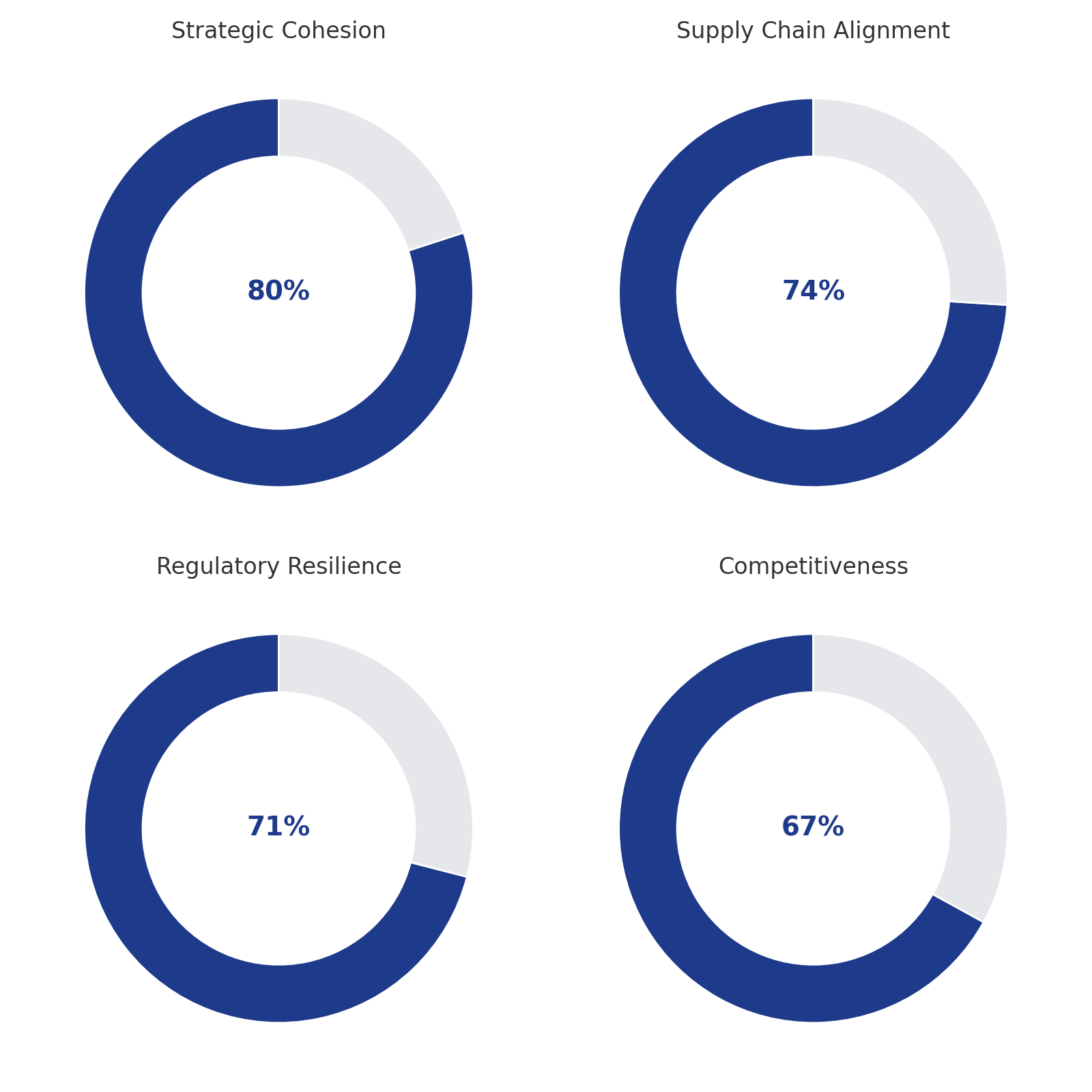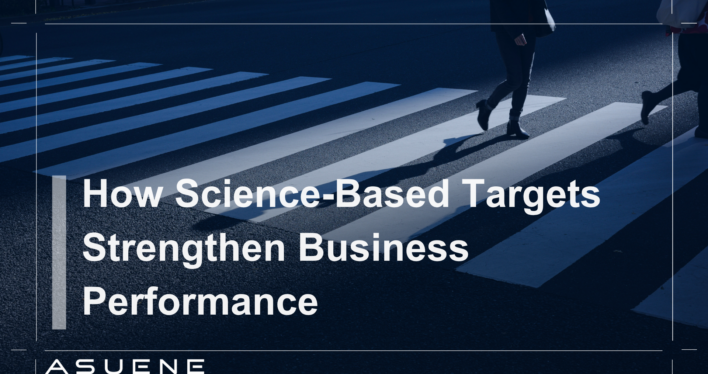- Article Summary
-
Introduction: Turning Climate Ambition into Competitive Advantage
The Science Based Targets initiative (SBTi) has transformed how companies link climate ambition to corporate value. Recent findings from a comprehensive literature review of 22 studies and three case studies reveal that 91 percent of companies report a positive impact after setting science-based targets. These results include a survey of 171 companies that had validated science-based targets for at least two years. These targets are now widely recognized as a core business strategy tool that drives operational efficiency, enhances resilience, and strengthens trust among stakeholders.
Setting science-based targets signals a company’s readiness for a low-carbon economy. Investors, lenders, and regulators increasingly view such commitments as indicators of sound governance and forward-looking management. Companies with validated targets are not only accelerating decarbonization but also experiencing measurable improvements in strategic cohesion, financial performance, and brand reputation.
The evidence is clear. Science-based targets are reshaping corporate performance from within, turning sustainability into a driver of competitiveness and resilience.
Strategic Impacts: Building Resilience and Long-Term Vision
Strategic alignment is one of the most significant outcomes of setting science-based targets. According to the SBTi report, 80 percent of companies improved strategic cohesion and long-term vision. Another 74 percent saw better alignment with supply chain and customer requirements, while 71 percent strengthened their resilience against future regulatory changes. Two-thirds, or 67 percent, reported enhanced competitiveness compared to peers.
These figures illustrate how science-based targets foster organizational unity. By integrating sustainability goals into corporate strategy, businesses create a clear direction across departments. This alignment allows companies to anticipate and adapt to evolving regulations, carbon pricing, and trade mechanisms such as the Carbon Border Adjustment Mechanism (CBAM).
As Denise Odaro, Head of ESG and Sustainability at PAI Partners, noted, businesses that operate efficiently and contribute to global decarbonization tend to be more resilient and deliver lasting value for investors and stakeholders.

Financial Benefits: Investors, Banks, and the Bottom Line
Financial data further reinforce the business case for science-based targets. 76 percent of companies report higher investor confidence after validation. Studies from the European Central Bank show that European banks offer better loan terms to firms with climate targets, including SBTi-approved ones. Academic research confirms that these companies maintain profitability and gross margins while facing lower stock price volatility.
Although some organizations experience short-term increases in operating costs, with about 60 to 64 percent higher spending on climate initiatives, the long-term payoff is substantial. These investments lead to estimated annual savings of up to 33 percent in emissions-related costs and a 17 to 19 percent reduction in carbon intensity.
Overall, 92 percent of companies report neutral or positive long-term financial performance after adopting SBTs. The connection between credible climate targets and access to capital has become an undeniable factor in financial resilience.

Reputational and Climate Value: From Perception to Performance
Beyond internal metrics, science-based targets deliver substantial reputational and climate-related benefits. Ninety-five percent of surveyed companies reported a positive reputational impact, while 80 percent experienced stronger investor relations. Three in four companies enhanced their credibility within their industries, and 67 percent saw improvements in consumer trust and brand strength.
The climate performance data are equally compelling. Ninety percent of companies reported that target setting increased climate ambition, and 86 percent saw faster decarbonization progress. Peer-reviewed research confirms that companies with validated targets reduce absolute and intensity emissions more quickly than those without targets. This effect strengthens when targets are paired with externally assured emissions data.
Vaishali Sinha, Co-founder and Chairperson for Sustainability at ReNew, observed that science-based targets not only drive internal progress but also promote collaboration across the value chain, enabling suppliers and partners to align with corporate net-zero commitments.
These reputational and environmental outcomes reinforce each other, creating a cycle of trust, accountability, and performance.
Conclusion: The Business Case for Climate Commitment
The findings from the Science Based Targets initiative demonstrate that climate alignment and business success now move in tandem. Companies adopting science-based targets gain measurable advantages across strategy, finance, and reputation, while accelerating progress toward global decarbonization goals.
As more organizations commit to validated targets, the market is rewarding those that combine ambition with accountability. Science-based targets represent a new standard of corporate excellence, where climate responsibility enhances profitability and strengthens long-term resilience.
ASUENE continues to support this transformation by helping companies design and implement effective decarbonization strategies. In addition to providing strategic guidance, ASUENE directly supports organizations in obtaining Science Based Targets initiative validation, both for small and medium-sized enterprises (SMEs) and for regular corporate pathways. The message is unmistakable: setting science-based targets is no longer optional for leaders seeking lasting value and competitive strength in a changing world.
Why Work with ASUENE Inc.?
ASUENE is a key player in carbon accounting, offering a comprehensive platform that measures, reduces, and reports emissions. ASUENE serves over 10,000 clients worldwide, providing an all-in-one solution that integrates GHG accounting, ESG supply chain management, a Carbon Credit exchange platform, and third-party verification.
ASUENE supports companies in achieving net-zero goals through advanced technology, consulting services, and an extensive network.


